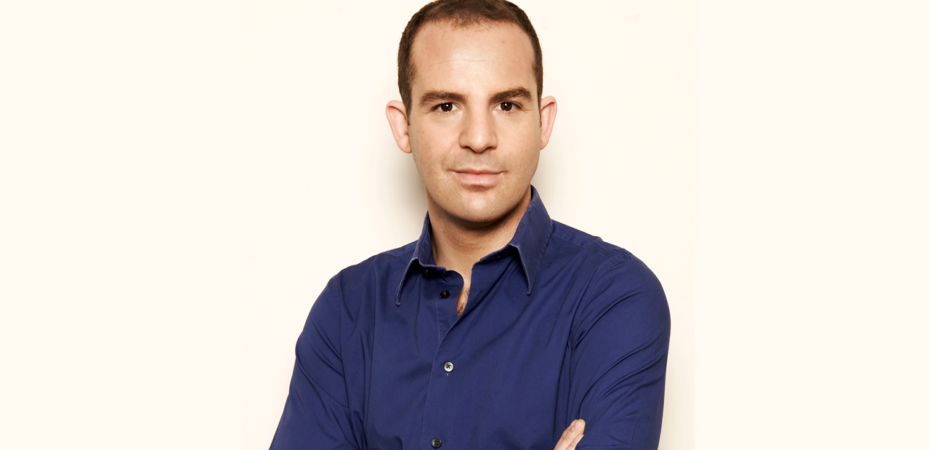Martin Lewis told a conference of bankers and government ministers that it was a ‘civil justice issue’ if the State demands claimants have bank accounts to receive benefits, but banks continue to turn low-income customers away. A poll by Quids in! magazine revealed this is what is happening, with one in twenty readers being turned down.
Here are tips from Martin’s website:
Keep it basic
“Basic bank accounts are products designed for those with poor credit scores. As the name suggests, these accounts offer a place for you to store your money and pay bills from, though they don’t come with overdrafts, or many of the perks that standard bank accounts offer.
“You still get all these features with a basic bank account: a debit card, the ability to set up direct debits and standing orders to pay bills, free access to UK ATMs (unless the ATM itself charges) and online or phone banking. However, you won’t get a chequebook, overdraft or perks such as cashback or interest.”
Free of fee?
“Banks can’t charge you for the day-to-day running of a basic bank account. For example, you can’t be charged for an unpaid direct debit or standing order.
“However, it’s still wise to know exactly what money you have in the account, and to manage it carefully as you could still get charges if you didn’t have the money to pay a bill from the company that hasn’t been paid.
“We’ve heard a few tales of banks cancelling direct debit facilities, or closing accounts where they’ve had to bounce lots of payments. We don’t think it’s common, but just something to be aware of.”
For more of Martin’s advice, visit moneysavingexpert.com
Quids in! says: Find an account that’s right for you
Ten banking groups offered fee-free accounts at the time of writing this guide: Barclays, the Co-operative Bank, HSBC, Lloyds Banking Group (Bank of Scotland, Halifax and Lloyds), Clydesdale Bank and Yorkshire Bank, Nationwide, RBS Group (NatWest, Royal Bank of Scotland and Ulster Bank), Santander, TSB and Virgin Money. To apply, you’ll usually need one of the following:
- ✔ Full, current passport
- ✔ Current European Union member state identity card
- ✔ Current UK photocard driving licence or UK full paper driving licence
- ✔ Identity card issued by the Electoral Office for Northern Ireland
- ✔ Benefit books/benefit entitlement letters
- ✔ HMRC tax notification or assessment letter
NO FIXED ADDRESS?
Having no fixed abode can be a serious barrier to many services, but if we’re homeless or having housing problems we can still get a bank account.
HSBC runs the No Fixed Address programme and we can access it if we’re getting help from one of their partner charities (see the list at qimag.uk/ hsbcnfa).
The charity partner can help us with forms and arrange a meeting with the bank. Then, once the account has been opened, the charity will act as our address with all letters and documents being sent to them for us.
At the time of writing, HSBC was the largest bank in Europe to offer this. But if we already have an account it’s always best to go to our own bank in the first instance if we’re worried about housing or becoming homeless.



